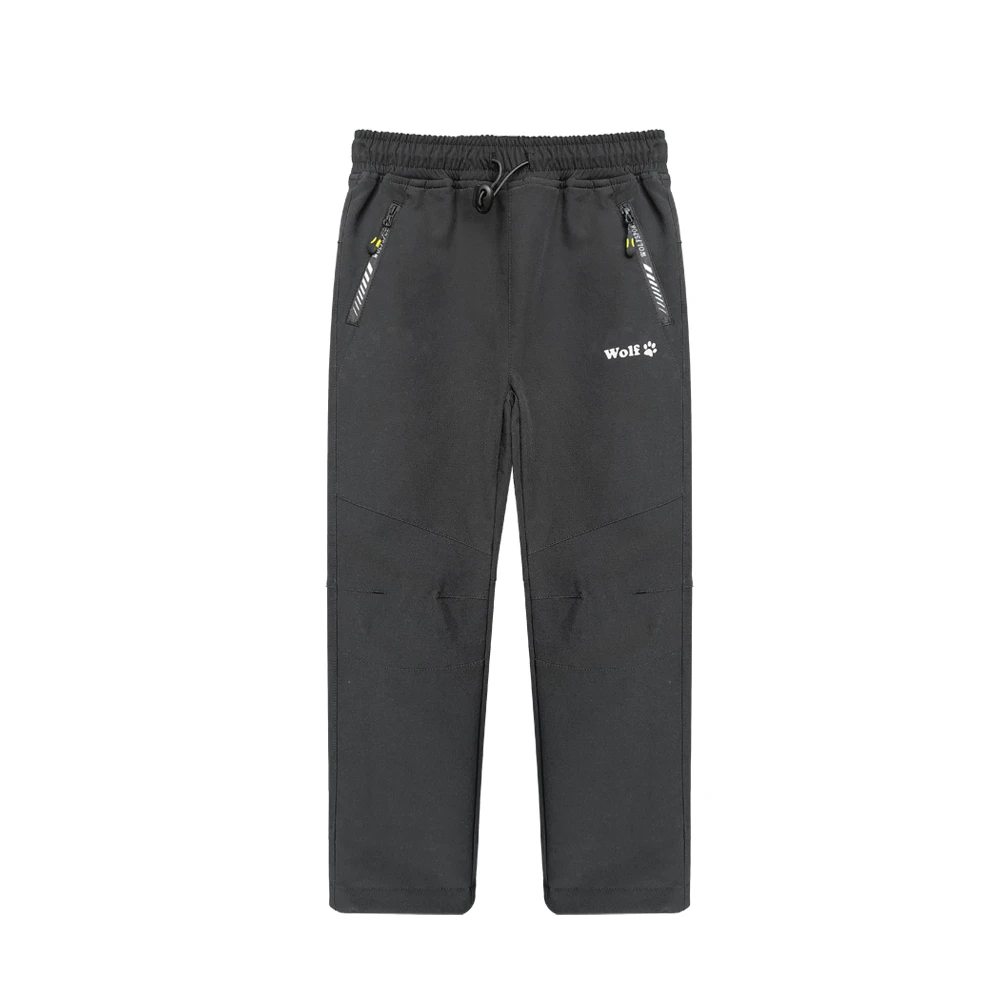

For businesses, investing in sustainable workwear is synonymous with a commitment to corporate social responsibility. Companies not only align with environmental values but also foster a culture of responsibility and care within their organizations. Employees clad in sustainable workwear become ambassadors of environmental consciousness, enhancing the company's image while promoting a healthier planet. This investment translates to long-term savings; sustainable garments are designed for longevity, requiring fewer replacements and thus, reducing overall expenditure on work apparel. The durability of sustainable workwear is a significant advantage, encouraging a move away from the disposable clothing culture. These garments are crafted with precision to endure the rigors of daily labor, featuring reinforced seams, robust zippers, and resilient fabrics that maintain integrity over time. This focus on sustainability extends beyond materials to embrace ethical labor practices, ensuring that workers involved in production are treated fairly and compensated ethically, further embedding trust in the consumer’s mind. In summary, sustainable workwear embodies a wave of change in the fashion industry, harmonizing ecological mindfulness with professional needs. Its emphasis on organic, recycled, and biodegradable materials aligns with a broader environmental strategy, while the sturdy design supports functionality and durability in the workplace. By spotlighting brands that champion ethical standards and corporate responsibility, businesses and consumers alike can make informed choices, propelling this vital movement forward. As the demand for sustainable alternatives grows, sustainable workwear stands as a testament to how small choices can contribute to substantial positive impacts on the environment and society.















